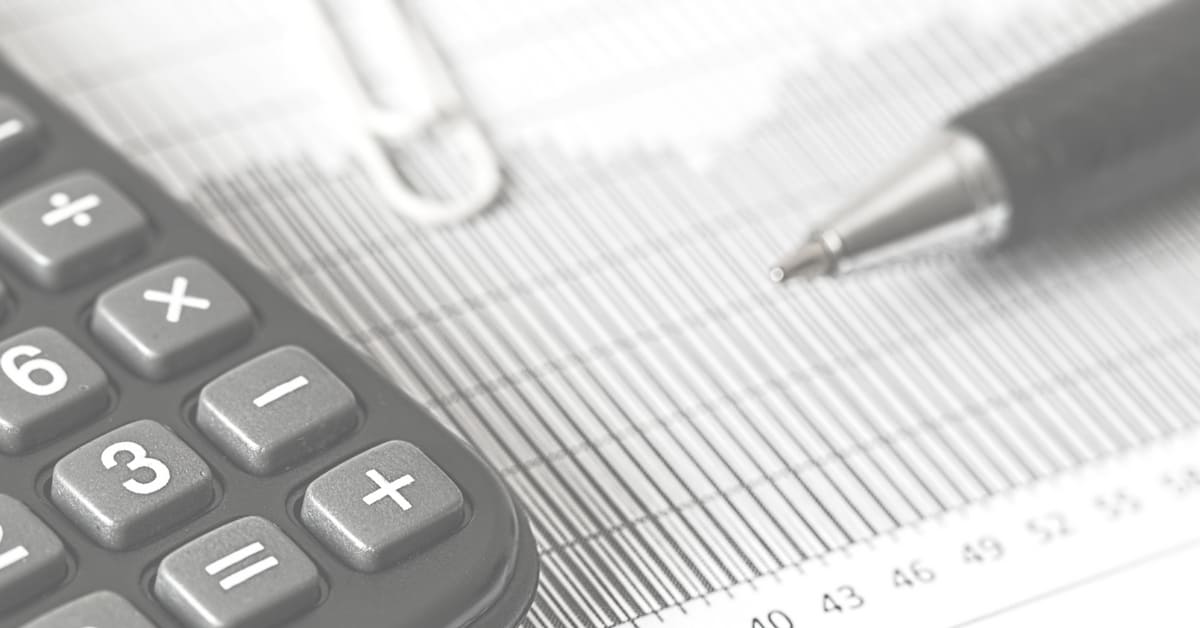Test Your Budget to Ensure its Strength
(This page may contain affiliate links and we may earn fees from qualifying purchases at no additional cost to you. See our Disclosure for more info.)
A budget is often one of the first steps to financial success. But after you have built your monthly budget, how do you know if it is any good?
Enter the power of 12. Take every line on your budget and multiply them by 12. What you're looking at it now is an estimate of what you are planning to spend for the year. How does your budget look now?
The Good
The first thing you'll want to do is review your budget for any areas of celebration. Perhaps this perspective made you realize just how far your charitable giving or tithing stretches over the year.
Maybe multiplying by 12 made you realize that your bi-monthly Starbucks habit isn’t going to break the bank. Before you set out to do any significant or minor retooling of your budget, make sure you identify its strengths.

The Bad
It’s true, there are going to be some parts of your budget you might not love, but you have to accept.
Things like rent, mortgages, insurance premiums, and property tax payments are never going to fill you with joy. But you have to accept the necessity of them.
Of course, it doesn’t hurt to try to reduce the costs of doing these things:
- Shop around for quotes from other insurance companies
- Contact the tax assessor to inquire about any increases in property taxes
- Consider getting a roommate or even renting out a room on Airbnb
If your budget feels unmanageable, there are other alternatives like downsizing or relocating, but those come with challenges of their own.
It will be helpful to remember that most financial experts recommend keeping your housing costs under 35% of your take-home pay. These expenses may not be the most loveable, but some things just have to be accepted.
The Ugly
There’s the good, there’s the bad, and then there are the numbers so ugly you have to go back to the drawing board. We all have them. In fact, it's crucial you identify them.
Looking hard at your budget in this manner will allow you to adjust your spending, so you maximize what matters to you.
For example, the average monthly cell phone bill is $73. That number might feel pretty comfortable in your budget. But how does $876 feel?
It's probably a whole lot less comfortable, especially when you consider how many low-cost carrier alternatives exist and operate on the same major networks most Americans are familiar with.
Reducing the cost of your cell phone bill can free up an extra $25 or even $50 a month, which could leave with you over $500 more dollars a year to save or invest.
Final Thoughts on Testing Your Budget
There is a difference between having a budget and using a budget. Taking a monthly budget and multiplying each line by 12 is a meaningful way to test the strength of your budget.
If you never stop to honestly examine where your dollars are going not just throughout each month, but over the year too, you may not get to bank as many of your bucks as you thought.
Click here to take a peek at how Penny tests her budget with the power of 12.
Article written by Penny
